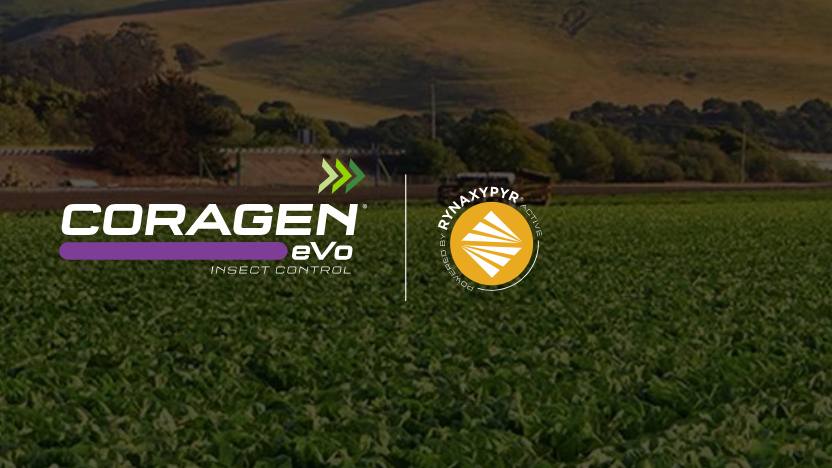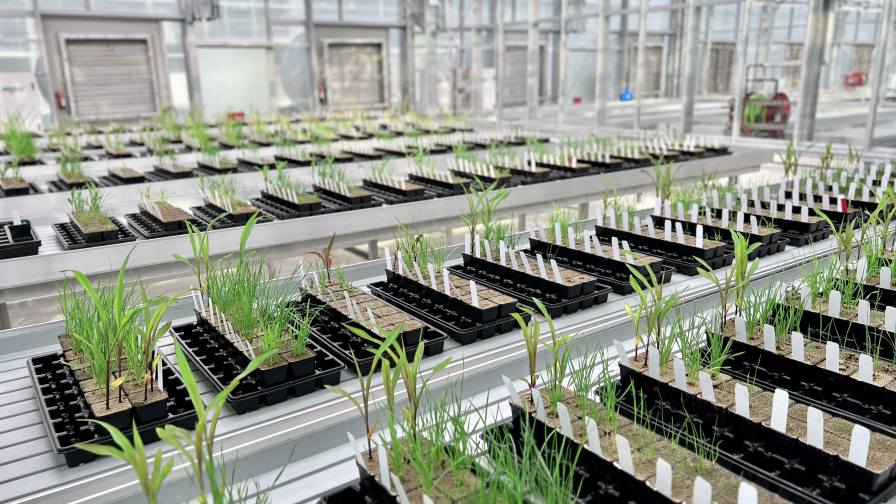Bowman v. Monsanto: Day 1 Goes To Biotech Giant

On the U.S. Supreme Court’s first day hearing oral arguments in the Monsanto vs. Bowman patent case, the scale seemed to tip in the company’s favor.
The Associated Press is reporting that none of the justices seemed ready to side with Indiana farmer Vernon Hugh Bowman, who was sued by Monsanto for violating the company’s patent on herbicide-resistant soybean seeds.
Monsanto prohibits farmers from saving or reusing seeds once the crops are grown. Their Roundup Ready seeds came on the market in 1996 and are now used by more than 90% of American soybean farms.
According to Bloomberg News, Justice Stephen Breyer told Mr. Bowman’s lawyer, “What [the law] prohibits is making a copy of the patented invention, and that is what he did.”
Without strong patent protection, “Monsanto would have no incentive to create a product like this one,” added Justice Elena Kagan.
The Associated Press reports that Chief Justice John Roberts wondered “why anyone in the world” would invest time and money on seeds if it was so easy to evade patent protection.
Bill Freese, the science and policy analyst for The Center for Food Safety, tells the AP that a win for Monsanto is unlikely to hurt the company’s profits since most of their money is made off of corn, a seed that can’t be re-planted.
“So seed-saving would have no impact on the majority of Monsanto’s seed revenue,” he says.
In addition, Seth P. Waxman, a lawyer for Monsanto, said, “Without the ability to limit reproduction of soybeans containing this patented trait,” he said, “Monsanto could not have commercialized its invention and never would have produced what is, by now, the most popular agricultural technology in America.”
To read the transcripts from the hearing, click here.





